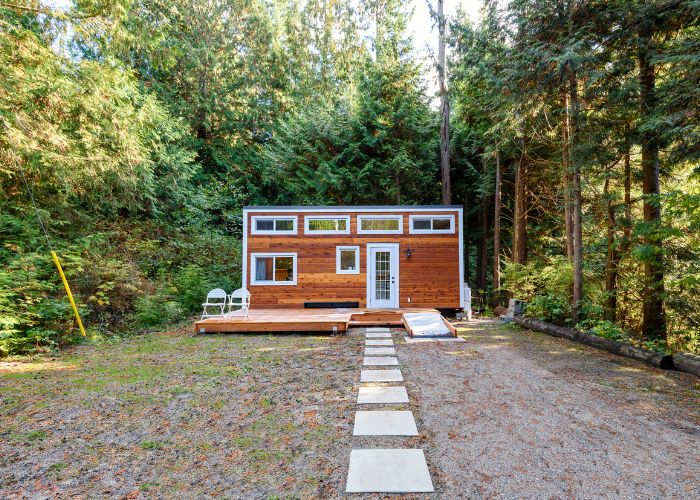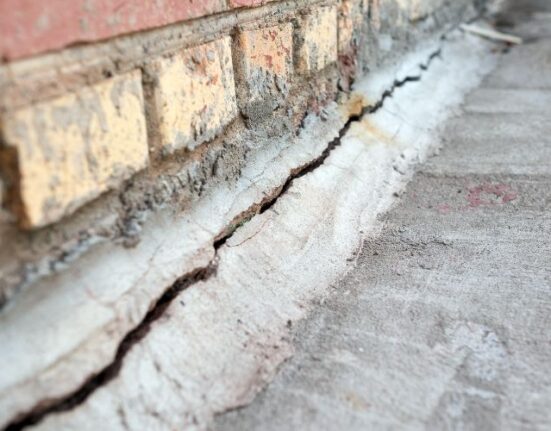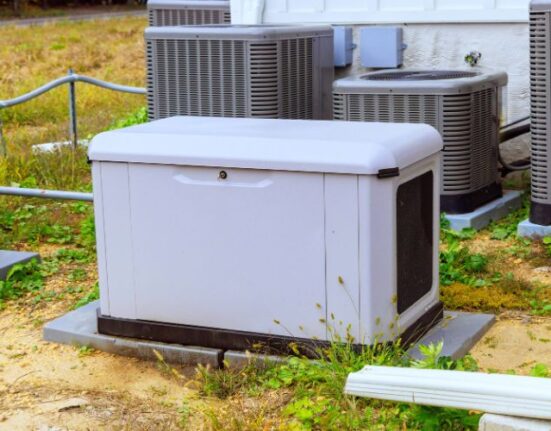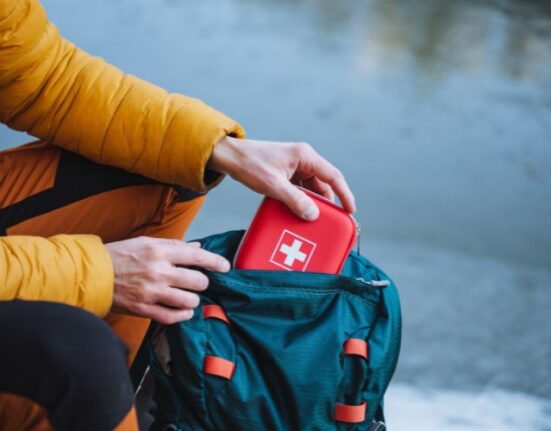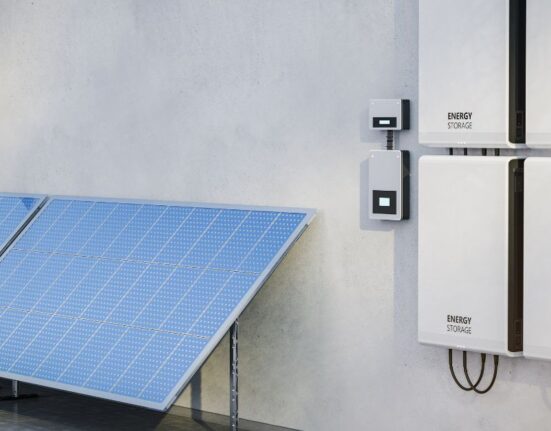Living in an off-grid tiny home offers an adventurous path toward sustainability and independence. As you embrace this lifestyle, safety should remain your top priority. With the right strategies, you can transform your space into a secure sanctuary, gaining peace of mind and allowing you to fully enjoy the off-grid experience. So, learn how to feel safe while living in an off-grid tiny home with these tips.
Build Strong and Durable Structures
Constructing your tiny house with robust materials enhances your security. Choose materials that can withstand extreme weather conditions to protect your property during storms or high winds.
Reinforce entry points such as doors and windows to deter potential intruders. Moreover, having a solid foundation and well-insulated walls will provide comfort and improve durability. Prioritizing strength in your construction ensures a long-lasting and secure living environment.
Choose a Secure Location
Feel safe while living in an off-grid tiny home by choosing a secure location. Evaluate potential sites for natural hazards such as flooding or landslides. Proximity to local resources and emergency services also matters, as these can provide support if unexpected situations arise. Consider the terrain and ensure it suits your needs by offering both privacy and accessibility.
Lastly, position your home to maximize safety while keeping you connected to essential services. For instance, you may want to select a site on higher ground to avoid the risk of flooding. This choice protects you from heavy rain scenarios and offers a vantage point with better visibility of your surroundings.
Prepare for Environmental Hazards
Preparation is your best defense against natural disasters. Develop a comprehensive emergency plan and familiarize yourself with local weather patterns and risks. Keep a well-stocked first aid kit and essential supplies accessible at all times.
Regularly review and update your plan to adapt to any changes in your environment. For example, you may want to purchase an emergency weather radio to stay informed during severe weather events.
Manage Wildlife Encounters
Look into your region’s local animals and understand potential threats they may pose. Implement secure fencing or deterrents to keep animals at a safe distance. Securely store food to avoid attracting wildlife to your property. Taking preventive steps ensures that wildlife remains a part of your off-grid experience without compromising safety.
Install a Comprehensive Security System
Unfortunately, animals aren’t the only uninvited guests that may enter your premises. Luckily, a well-planned security system can deter unwanted visitors. When navigating off-grid living, you should use alarms and surveillance cameras to monitor your property. Investing in technology that keeps you vigilant enhances your overall safety.
Secure Your Water and Waste Systems
Maintaining secure water and waste systems prevents contamination and ensures a healthy living environment. Protect water sources from pollutants and regularly inspect storage tanks and filtration systems. Ensure waste management systems function properly to avoid health hazards. Routine checks and maintenance keep these systems running smoothly and safely.












